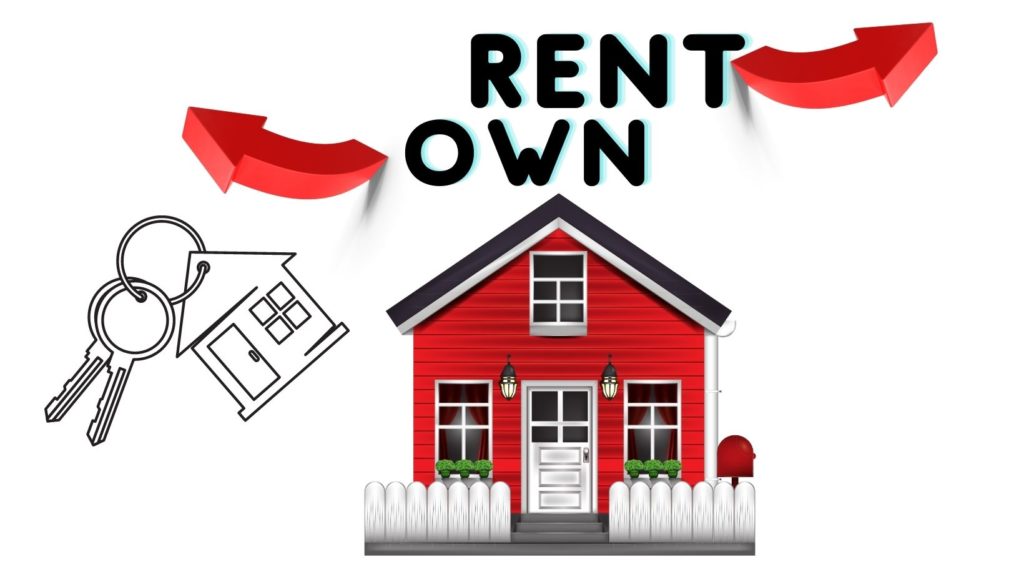Ultimately, the decision between buying and renting depends on individual circumstances, preferences, and financial considerations. Both options have their pros and cons, and individuals should carefully evaluate their own situation before making a decision.
Pros of Buying a House:
Equity Buildup: As you make mortgage payments, you build equity in your home, which can be a valuable asset over time.
Stability and Roots: Homeownership can provide a sense of stability and roots in a community, making it an attractive option for those who plan to stay in one location for the long term.
Personalization: Homeownership allows you to personalize and modify your living space to meet your preferences without seeking landlord approval.
Potential for Appreciation: Real estate values can appreciate over time, potentially resulting in a profit when you sell your home.
Tax Benefits: Mortgage interest and property tax payments may be tax-deductible, providing potential financial advantages.
Stable Payments (Fixed-Rate Mortgage): With a fixed-rate mortgage, your monthly mortgage payments remain stable, providing predictability.
Cons of Buying a House:
Financial Commitment: Buying a house involves a significant financial commitment, including a down payment, closing costs, and ongoing expenses.
Maintenance Costs: Homeownership comes with maintenance responsibilities and costs, which can vary but are generally the owner’s responsibility.
Market Risks: Real estate values can fluctuate, and economic downturns can impact property values, potentially leading to financial loss.
Less Flexibility: Selling a house can take time, and the process may be less flexible than ending a rental lease. This can be a concern if you need to relocate quickly.
Upfront Costs: The initial costs of buying a house, such as the down payment and closing costs, can be substantial and may pose a barrier for some buyers.

Pros of Renting a House:
Financial Flexibility: Renting generally involves lower upfront costs and can be a more flexible option for those who don’t want to commit to a long-term mortgage.
Maintenance Responsibility: Maintenance and repair responsibilities typically fall on the landlord, reducing the financial and time commitments of the tenant.
Mobility: Renting provides greater flexibility for those who may need to relocate frequently due to work or personal reasons.
Predictable Payments: Rent payments are usually fixed for the duration of the lease, providing financial predictability.
Lower Risk: Renters are not as exposed to the risks associated with changes in property values, property taxes, and interest rates.
Cons of Renting a House:
No Equity Buildup: Rent payments do not contribute to building equity, meaning renters miss out on the potential financial benefits of homeownership.
Limited Control: Renters have limited control over the property, including restrictions on making significant modifications.
Rent Increases: Landlords may increase rent at the end of a lease period, potentially leading to higher housing costs.
No Tax Benefits: Rent payments are not tax-deductible, so renters do not benefit from the tax advantages associated with mortgage interest and property tax deductions.
Stability Concerns: Renters may face uncertainties regarding lease renewals and potential changes in the property owner’s plans.